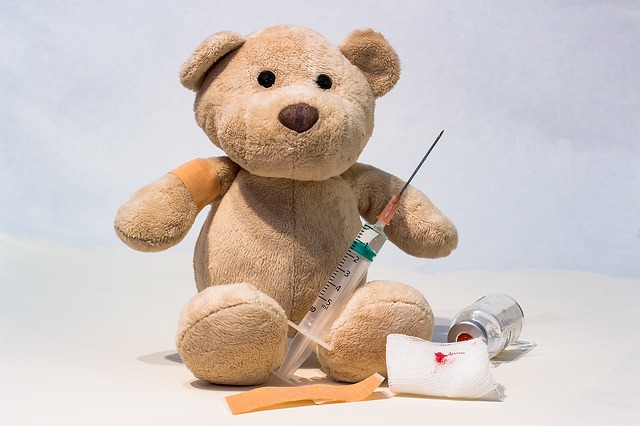Is Rehab Right for You?
Numerous questions come into play when deciding whether or not rehab is the best course of action. Since each person has a distinct set of needs and expectations, it may not be the right choice for everyone. Think about the following questions carefully before making the decision.
How Deep Does Your Addiction Run?
According to most standards, a thin line exists between substance abuse and a full-blown addiction. While several different sources outline the exact criteria for addiction, health, and well-being authority site, WebMD offers an extensive list of warning signs, including:
● Loss of interest in things you once found important
● Difficulty setting limits for yourself
● Hiding substance use from friends and loved ones
● You’ve built up a tolerance for a substance, meaning you need more of it to produce the desired effects
● Experiencing withdrawal symptoms, like shakiness, headache, excessive sweating and depression, when the substance isn’t in your system
If you’re suffering from these or other symptoms, you may need rehab to help break the habit. In the event you haven’t yet reached this point, outside counseling or help from a support group may be your best option.
Are You Self-Medicating for a Mental Health Disorder?
Studies show around 45 percent of addiction cases involve co-occurring mental disorders like depression, anxiety, PTSD and OCD. Though breaking an addiction on your own is possible, attempting to do so when a separate mental condition is at work is not only difficult but potentially dangerous. In many cases, it’s also unsuccessful.
If you’re suffering from a mental health disorder, rehab would most likely be more beneficial than other options. In the event you’re not sure whether or not you have a co-occurring mental disorder, consult with a doctor, psychologist, counselor or other professionals to better understand your situation.
How Would Rehab Affect Your Life?
For the most part, rehab is bound to have a positive impact on the lives of those directly suffering from addiction as well as their families. Still, it’s not right in all circumstances. For those who simply can’t leave their families and jobs for several weeks or months, other options may be more suitable.
That being said, a number of different treatment options are available, including long and short-term inpatient programs, outpatient arrangements and various forms of counseling to name a few. For those interested in learning more, Addiction Treatment Services is on hand to discuss the finer points of each solution.
Have You Tried to Break the Addiction on Your Own or through Other Types of Treatment?
While it’s possible to break an addiction without help, the chances of success increase significantly when professional intervention is involved. At the same time, treatment isn’t always completely effective for everyone. Based on a recent report from the National Institute on Drug Abuse, approximately half the patients receiving treatment relapse at some point.
This doesn’t mean those who relapse have failed; it simply means their previous treatments fell short of their needs. If you’ve tried to quit on your own but were unsuccessful, rehab may be the next step. For those who’ve relapsed following treatment, trying a different rehab program could be the right choice.
Does Your Insurance Cover Addiction Treatment?
Though a number of insurance plans cover rehab, not all do. At the same time, not everyone has insurance coverage. While some addiction treatments can be costly without coverage, some options are available at little or no cost. Certain income and financial circumstance criteria may need to be met in order to qualify for these programs.
Bottom Line
Rehab isn’t the best option for everyone, but it has helped millions of people find freedom from their addictions. Home life, the extent of substance abuse, underlying conditions, past experience, and cost all play a role in the decision. Consider these factors when determining if rehab is the right strategy for you, and don’t hesitate to reach out for further assistance if needed.

